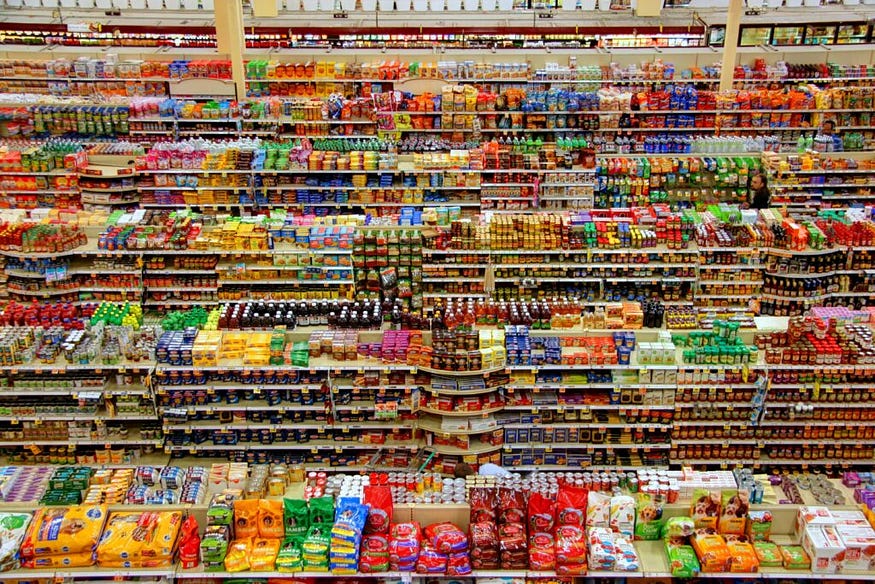The whole world is changing in a fast pace as so food sector is also involving. However, food safety has emerged as a critical topic that is high in the agenda of governments, consumers and the food industry alike, setting at a high risk the right that everyone has to safe, nutritious and sufficient food (still today, almost one in ten people in the world fall ill after eating contaminated food). It took a series of food safety scandals and public health incidents for the industry to take some serious steps in establishing a food safety culture and align its standards through the Global Food Safety Initiative (GFSI). Governments are also applying stricter policy and legislation, such as the integrated Food Safety policy of the European Commission and the US Food Safety Modernization Act (FSMA). There is so much pressure for all stakeholders in the food supply chain to ensure that food is clean, healthy and safe. Safe food is critical to promoting health and ending hunger, two (2) of the seventeen (17) goals of the 2030 Agenda of for Sustainable Development, adopted by all United Nations Member States in 2015.

This is changing the global landscape in the food market. There are companies that will evolve, comply and survive. There are companies that will innovate, pioneer and lead. There are also those companies that will eventually struggle to keep up and become extinct.
On the other hand, complying with new, stricter food safety requirements and legislation is a really tough nut to crack. Food certification requires extensive data logging and documentation. It calls for information about the way every supplier in a supply chain controls each and every type of potential risk (e.g., chemical, biological, fraud). And this is not an easy task for the thousands of enterprises supplying the global market with food.
As an example, every time a buyer or inspector requests access to the supportive information behind a food supplier’s certificate, they usually rely on the documentation and complementary data that the supplier is providing: a copy of the certificate application, a spreadsheet with the monitoring measurements they took on the production line, the results from testing product samples in an accredited laboratory etc. Not being able to trust the certificate and its supporting information adds an extra cost to the process. For instance, the buyer will ask for an inspection to verify the information submitted from the supplier. They may ask for additional laboratory tests. They will take the necessary actions to help them decide if they can trust the certification that their supplier is providing.
To make things more complicated, add food safety intelligence to the mix. At the core of ensuring food quality is the notion of risk assessment and mitigation. This is an extremely data-intensive process that involves collecting information and prioritizing risk based on a large variety of critical factors, which are different for each food product and process.

This brings forward the need for innovative technology solutions that will integrate data from multiple, heterogeneous distributed sources, process the data in almost real-time and use the results to support critical decisions that can ensure food safety; decisions made in a variety of quite diverse business roles across all the departments focusing on the quality and safety of the supply chain.
The solution to combat the ongoing problem is hidden in TheFSM platform. Our project invites all stakeholders to raise awareness about food safety and highlights that everyone involved in food systems has a part to play.
TheFSM platform aspires to ensure transparent and safe food production, through food certification systems in which safety is assessed via audits. To achieve this goal and as the food certification market is a multi-faceted market, there is the need all the acotrs in the food supply chain to share food safety data in a well-defined and automated way.
The platform which is foreseen to be developed under the EU Horizon project “The Food Safety Market” is expected to put an end in this bottleneck and to establish the remote auditing in Europe. It will enable all actors in the food chain to monitor, trace and predict food safety risks in the food supply chain, to allow Food safety Inspectors and Auditors to manage inspection/certification workflow digitally and to allow farmers and food producers to manage their resources and their certifications data.
Through the utilisation and the successful realisation of our project we intend to make a better new reality together!
